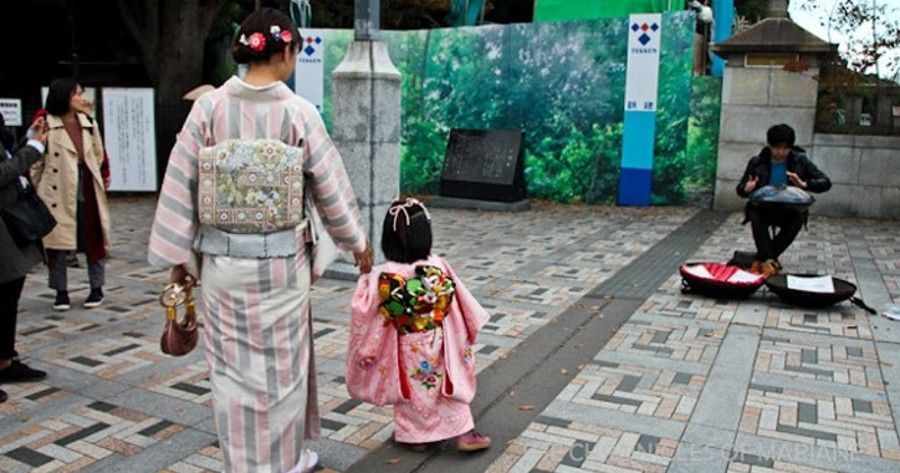Bringing Your Pet to Japan
Anyone who does or ever has owned a pet knows that they are a member of the family. It's an unfortunate reality that when moving to Japan, these furry family members can add an extra level of consideration to your move. In this article, we'll be looking at some of the things to consider when bringing your pet with you to Japan.
Note: The contents of this article may differ from your personal situation, so it’s always best to check with your relocation consultant in advance. It is not to dissuade you from bringing your pet, only to give you an idea of some of the challenges and additional costs you may face.
It Will Limit Your Property Choices
While there may be an overall increase in the number of pet-friendly properties over the years, this is not necessarily true with expat housing and the average quality of pet-friendly properties may be lower than what you are expecting. In general, rental properties in Japan are not pet friendly and it is important to know this. Understand that if you bring a pet with you, your property options will be limited. If you are found to be keeping a pet (even temporarily for someone else), the landlord has the right to terminate the lease and charge for damages. This will depend on your destination, so keep this in mind as well.
Memorandum for Keeping a Pet
Even though a property may be pet friendly, you will be required to sign on an additional document that will list the responsibilities of the tenant that comes with it. Make sure that you read this agreement carefully and understand your responsibilities. These will typically include:
- A non-refundable deposit – this could be equivalent to one month’s rent or more
- Special cleaning, deodorizing and sanitization fees in addition to regular cleaning fees
- Damage fees that are the result of the pet and cannot be considered as ‘general wear and tear’
- Restrictions on property/garden usage
Not All Animals Are Allowed
While dogs and cats are generally accepted in pet-friendly properties, some landlords may not allow other animals such as rabbits, birds, snakes, etc., which may further limit your options.
Size Matters
Landlords and management companies will likely put a restriction on the size of the animal and their idea of what is ‘big’ may differ from yours.
Smaller dogs and cats are preferable in most cases and large dogs may not be allowed in apartment buildings but a detached house may not have such restrictions.
Keep the Cats in and Dogs on a Leash
It is illegal to allow your dog to freely wander while taking it out on a walk and it must be kept on its lead at all times. Also note that even if the house is pet friendly, it’s best not to give dogs free reign of the property and garden to reduce the chance of damage and disturbance to neighbours. For more information about walking your dog, please visit the Japan Ministry of Health and Welfare website.
It is advised to keep your cats indoors, especially if you are living in an apartment. You may see stray cats wandering the streets around town but generally they are exactly that, street cats with no official owners. Many municipality/city offices request owners to keep their cats indoors for various reasons, safety being one of them.
Required Information and Documentation
When applying for a property, you’ll be asked to provide the following documentation:
- A clear photo of your pet
- Vaccination documentation
- The name, age, size, weight and general temperament of your pet
It's best to have this information ready before you start looking for properties to avoid any delays with the application.
We hope that this information has been useful and that you are able to find a property that will suit you and your pet. The landlord may request more detailed information about your pet, so it’s best to have as much prepared as possible. Speak with your real estate agent or relocation consultant if you have any questions.
More Articles






















